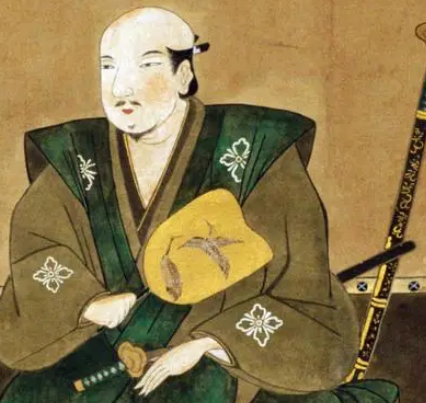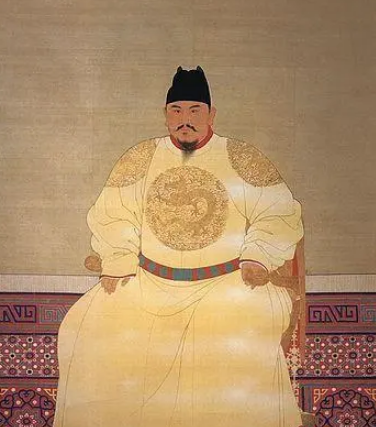In Chinese history, "Ten Eunuchs" refers to ten eunuchs in the late Eastern Han Dynasty. They controlled the emperor's ears and eyes and power, becoming an important force in the court. However, you may be curious why there are "Ten Eunuchs" instead of other numbers. Let's explore this question.

Firstly, we need to understand the background and history of "Ten Eunuchs". In the late Eastern Han Dynasty, due to the interference of the imperial consort's relatives and the eunuch's monopoly of power, political corruption was severe, and the people suffered. Emperor Ling of Han began to reuse eunuchs to participate in politics in order to alleviate this situation. Over time, some eunuchs gradually gained more power and became the real bosses in the court. Among them, the most famous were the ten eunuchs, who were known as "Ten Eunuchs".
Secondly, we need to analyze the reason for the number of "Ten Eunuchs". Although the number "Ten Eunuchs" sounds strange, it actually has profound historical and cultural connotations. In traditional Chinese culture, "ten" is a very important number, representing completeness, perfection, and good luck. Therefore, setting the number of "Ten Eunuchs" to ten is also to emphasize their authority and status, as well as their influence on court politics.
Finally, we need to explain why the number of "Ten Eunuchs" is not other numbers. This is mainly because in traditional Chinese culture, "nine" is a very special number, representing the extreme, limit, and end. Therefore, if "Ten Eunuchs" were set to nine or more, it would leave people with an impression of instability and insecurity. Setting them to ten can better balance the power of court politics and avoid the concentration of power.
In summary, although the number of "Ten Eunuchs" seems strange, it has profound historical and cultural connotations behind it. By deeply understanding these background knowledge, we can better understand the essence of Chinese history and culture.
Disclaimer: The above content is sourced from the internet and the copyright belongs to the original author. If there is any infringement of your original copyright, please inform us and we will delete the relevant content as soon as possible.































